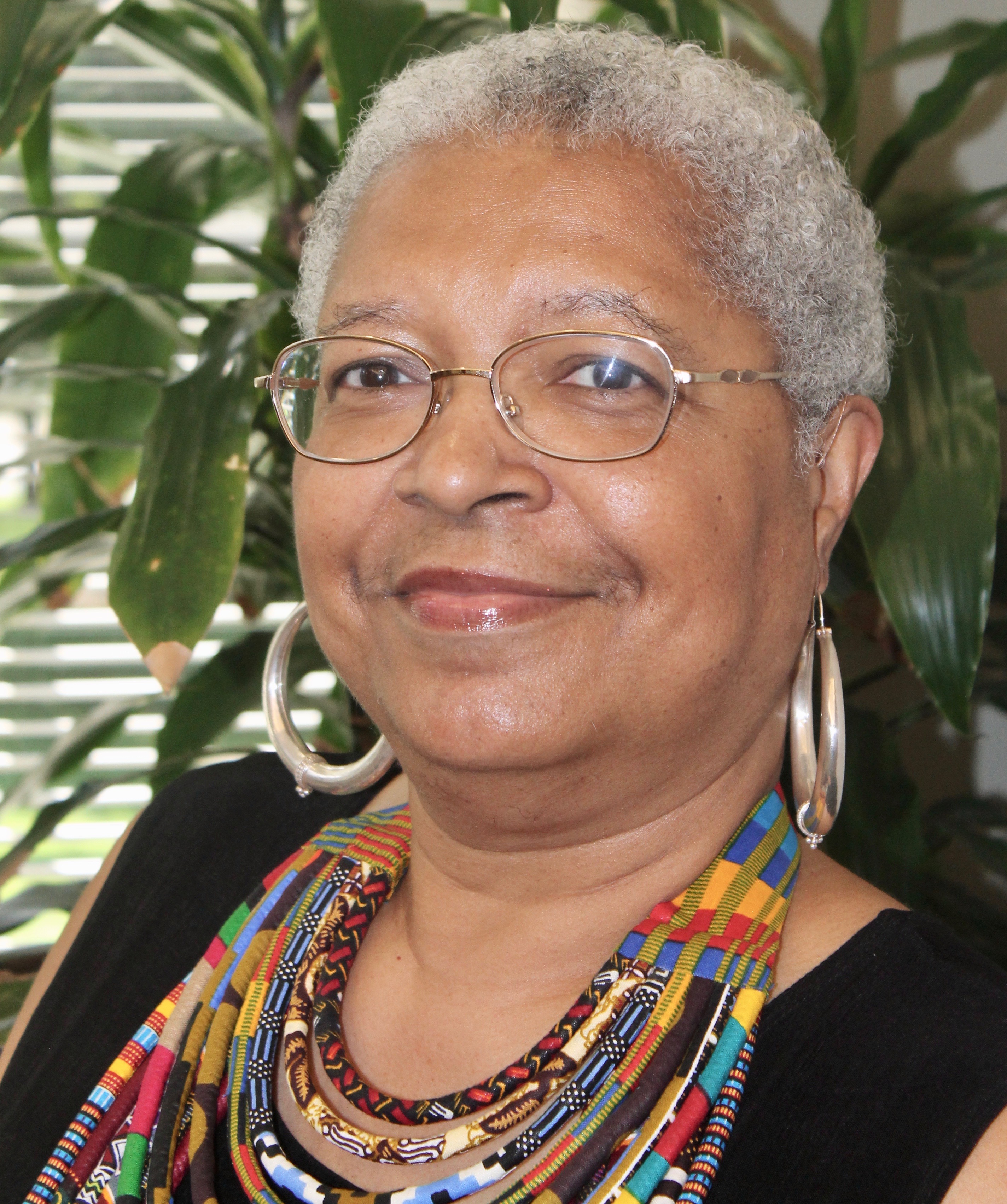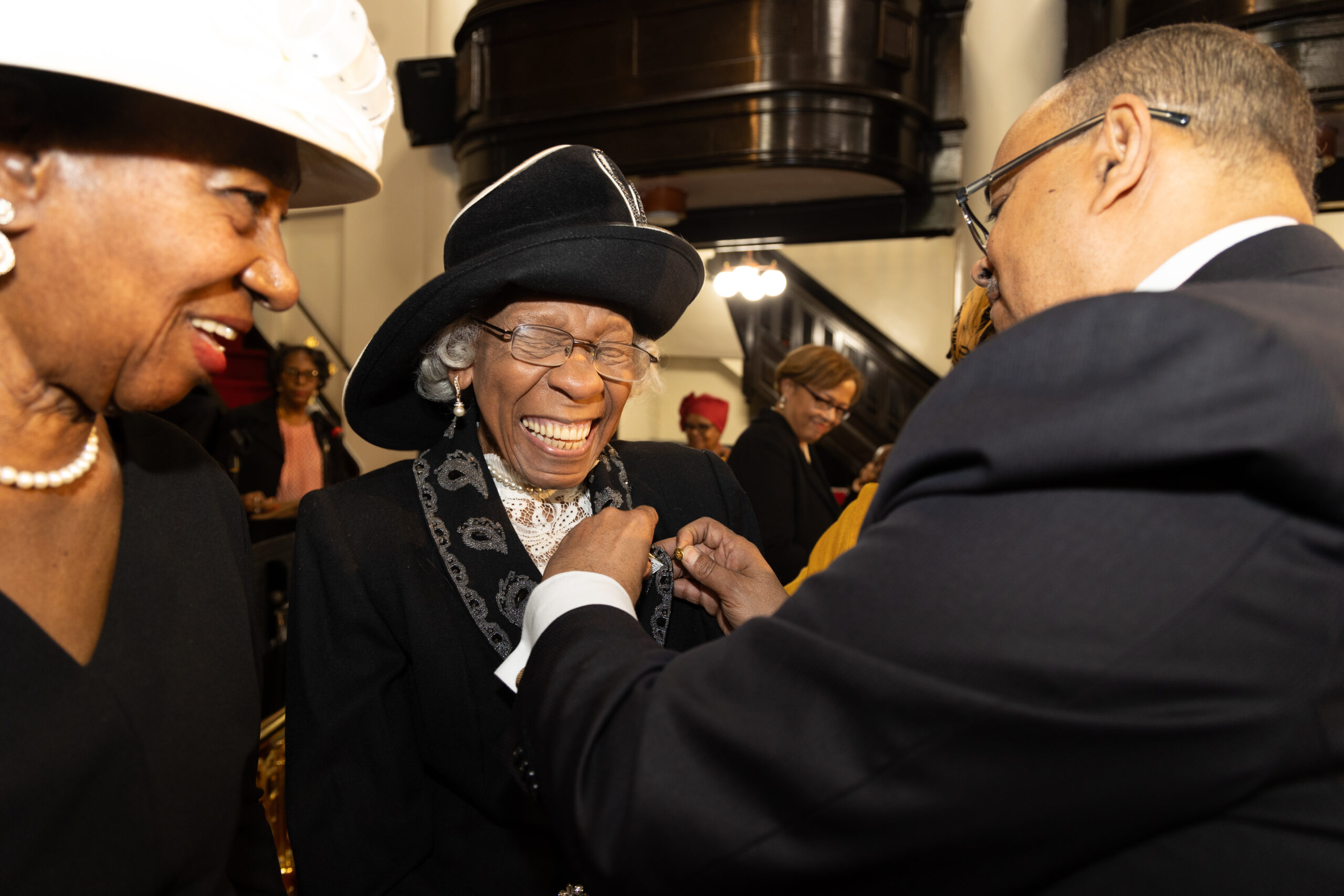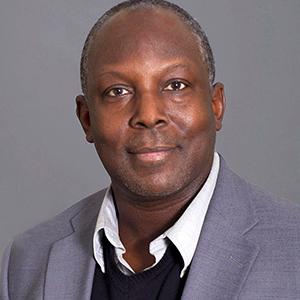When Pastors Cry
By Rev. Dr. Melinda Contreras-Byrd, Contributing Writer
1 Samuel 30:3-4 says, “When David and his men came to the city, they found it burned down, and their wives and sons and daughters taken captive. Then David and the people who were with him raised their voices and wept, until they had no more strength to weep.”
Something in this story immediately gets my attention because it demonstrates an unexpectedly honest view of Christian leadership. David and his men have left their camp to go to battle; but returning to the power of the Lord, they find something quite unexpected and traumatic. Their camp has been burned down. Their possessions are gone. Even their families were gone! There stood God’s mighty warriors who had lain to waste countless imposing armies.
The text delineates their response to seeing the devastation and loss. These warrior-men brake down and cry. David, the strong and valiant leader, joins them. They didn’t just cry. The Bible says they cried until “they had no more strength to weep.” It was made with a loud, runny nose. It was an ugly, broke down don’t-care who-sees-it sobbing!
Why are we told this detail of the story? Why am I retelling it in this venue? I believe that God is always working against our natural proclivity to try to fake being “all that.” You see, as long as we feel compelled to behave as “all that,” we cannot experience the depth of God’s grace to save, restore, renew, rescue, empower, and transform!
Our proclivity to be “all that” is what lands so many pastors in a variety of bad places. We ruin our physical health for lack of saying, “I don’t know how to do this.” We ruin our reputations for lack of saying, “I need help with this.” We lose our partners and families because we fear to admit that we are weak and at times grieving, fearful, and broken as we pastor.
The fact is, both Christian and secular cultures indoctrinate us that to cry is to demonstrate weakness, give up, and fail to have what it takes when faced with a crisis situation. As my writing space is limited, you will have to trust my almost 40 years in clinical practice when I tell you that sometimes a good, deep cry can make all the difference in changing your situation. This text gives us proof positive that warriors and leaders are allowed to cry.
This scripture sets a Biblically-based example of honesty and transparency in leadership. Real, honest, God-pleasing leadership must admit to being human. David joined his devastated men in an honest expression of emotions. I strongly suspect that most of us in ministry struggle to fully embrace our emotional side.
So pastor, when was the last time you cried? How did it make you feel? What did you say to yourself about it?
Following a call to pastor means encountering many “necessary losses.” Have you been honest, stopping long enough to give yourself time and permission to grieve those losses? There was likely no band of marauding, kidnapping bandits that trashed your home but what about what you overheard members saying about your best efforts? What about not getting the bigger church? What about the comfortable lifestyle you left behind to pastor a church that requires you to have a full-time job in order to meet living expenses? What about not receiving the support or thanks that you long for as encouragement to continue? What about the loss of a social life, restful sleep, or break from a barrage of questions? If no one else has, I now give you permission to have a good cry when you feel the need.
The final important truth of this story is that it gives proof that crying does not equal a spirit of weakness or defeat. After their all-out cry fest, David and his men strapped on their swords and took off hollering, “it’s on!”
Pastor, quiet as it’s kept, crying can create perspective that strengthens you to act! Parenthetically, the end of the story finds our heroes once again the victors. You don’t have to be broken to be open.
Melinda Contreras-Byrd is a New Jersey state licensed psychologist and owner of the Generations Center. The Center specializes in meeting the psychological and spiritual needs of all women, and both men and women of color. She has worked as a school psychologist in urban and suburban districts. She is a graduate of Rutgers University, The Graduate School of Applied & Professional Psychology, and the Princeton Theological Seminary. She is a published writer and poet, an ordained elder in the AME Church, and joins her husband, the Rev. Vernon R Byrd, Jr. in pastoral ministry at St. Matthew AME Church in Philadelphia, Pennsylvania.





